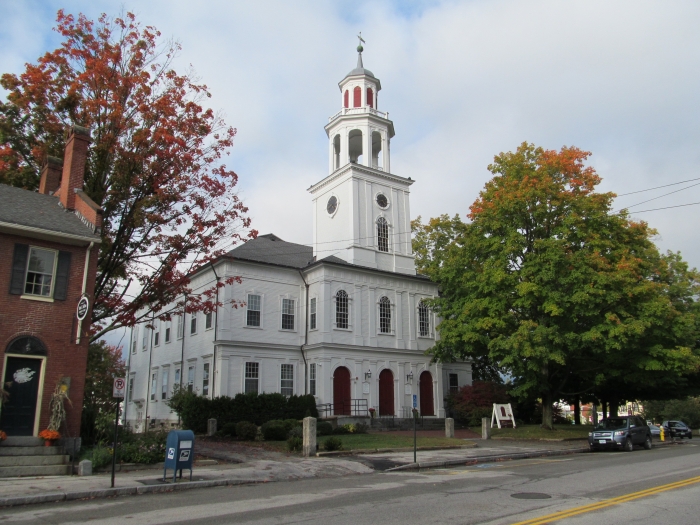DudleySmith
Diamond Member
- Dec 21, 2020
- 20,353
- 14,476
- 2,288
Not true. Many of them were merely concerned with not letting the Anglicans set up a national sect as a favored sect of the Federal government, as it was attempting to do in the decade before the Revolution. Evangelical sects of the Great Awakening were opposed to this, and it was those sects, like the Baptists, who got Thomas Jefferson elected VP and then President. States were allowed to keep their own favored sects, which is no surprise given many of them were founded by religious sects. Massachusetts didn't dis-establish its own state favored sect until 1834, the last to do so, and they didn't do so because of Supreme Court rulings, but because of the wave of immigration after 1820 and demographic changes.. . . and based on their experiences with the heads of theological organizations in Europe. . . none of them wanted anything to do with religion in government.
The establishment clause is in fact a primary platform of an evangelical sect, the Baptists. Thomas Helwys, a founder of the sect, was the first to advocate for church and state separation, in 1611 or so, which means those who want to remove all Christian influence on government would find themselves having to strike down the Establishment clause, lol.

Established Churches in Early America
When the First Amendment was ratified, it did not eliminate established churches in states where they existed. Eventually, all established churches were disestablished.
Although the establishment clause of the First Amendment clearly prohibits the creation of a national church, when the amendment was ratified in 1791 it did not eliminate established churches in those states where they still existed; indeed, it would have encountered opposition in those states if it had sought to do so.
....
Great Awakenings led to wave of disestablishments
The First Great Awakening in the 1730s and 1740s increased religious diversity, and the American Revolution furthered the impetus of Southern states to drop their affiliations with the Church of England, which most did between 1776 and 1790. The Second Great Awakening, which occurred after 1800 and created further religious diversity, led to another wave of disestablishments (Noll and Harlow 2007:29).
New Hampshire kept its establishment until 1817; Connecticut kept its establishment until 1818; and Massachusetts did not abandon its state support for Congregationalism until 1833 (Kidd 1999: 1021). Between 1776 and 1796, however, in attempts to prevent undue clerical influence on state politics, seven states adopted constitutional provisions that excluded ministers from public office (Kidd 1999:1019).
It was the Evul Evangelicals who fought for and won dis-establishment, not 'deists'. They played a major role in our government, and voted for the Jeffersonian faction almost to a man. Many of the Federalists wanted an Anglican national church. It had a lot of influence in Jefferson's own state of Virginia.
Last edited:

